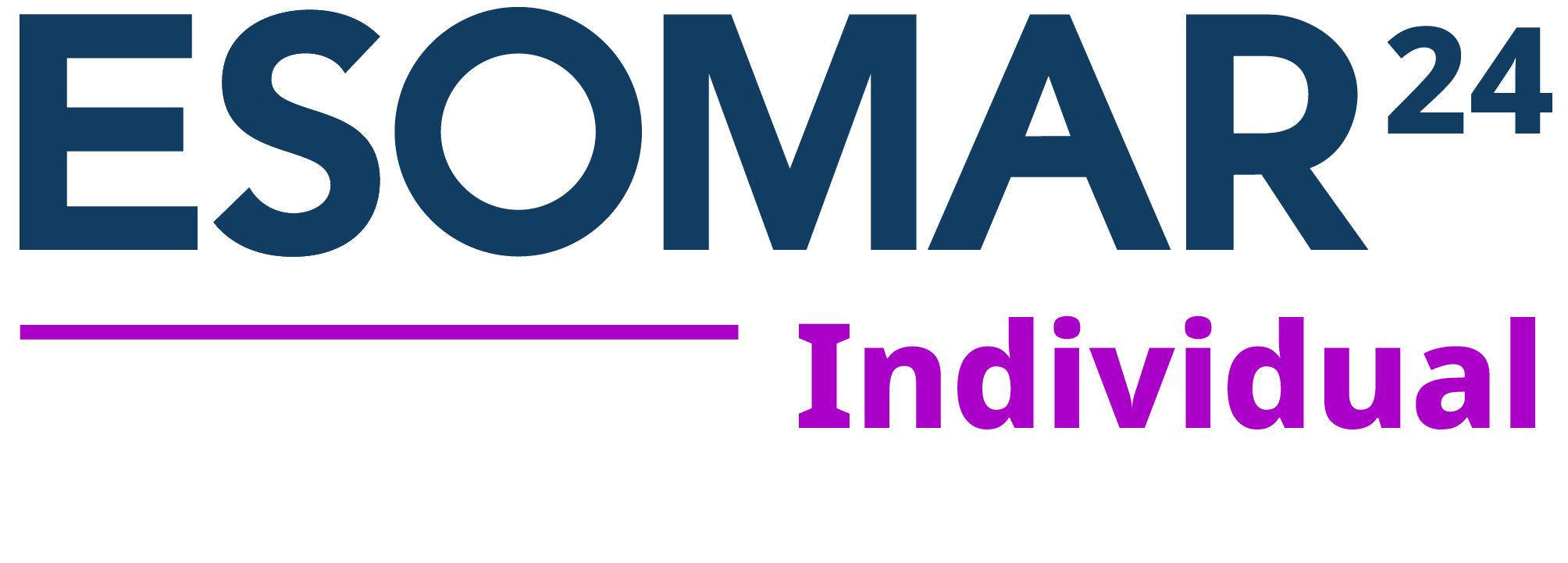Recent research commissioned by the Independent Broad-based Anti-corruption Commission (IBAC) shows perceptions of public sector corruption and police misconduct are on the rise.
Every few years, IBAC surveys state and local government employees, Victoria Police employees, business suppliers and the Victorian community to better understand perceptions of corruption and police misconduct at their workplaces, and more broadly.
This year, IBAC commissioned JWS Research to conduct the surveys and had over 12,000 respondents.
Results from IBAC’s 2022 ‘perceptions of corruption’ surveys show an increase in perceptions that public sector corruption and police misconduct are a problem in Victoria since the last surveys in 2019 and 2016.
In addition, favouritism and bullying and harassment in procurement and recruitment are seen as the behaviours most at risk of occurring in the public sector and Victoria Police.
The purpose of the 2022 surveys was to understand:
- perceived prevalence of public sector corruption and police misconduct
- types of behaviours that are perceived to be corruption or misconduct
- likelihood of reporting corruption or misconduct and
- awareness and perceptions of IBAC.
Summary of key insights:
- Perceptions that corruption or police misconduct are a problem in Victoria have increased across all groups compared to previous surveys.
- Favouritism or nepotism and a breach of professional boundaries are the behaviours considered to be a ‘high risk’ of occurring. Recruitment and procurement are identified as areas of highest risk.
- More than a third of business suppliers decided not to bid for a public sector or local government contract in the last year because they were concerned about possible corruption or misconduct.
- When it comes to gifts or benefits over $50, most Victorian Government employees appear to understand their responsibilities.
- Employees rate their organisation as ‘moderately vulnerable’ to corruption and misconduct. There is a need to shore up confidence in systems and culture and being supportive of protections when reporting suspected corruption.
- While most believe they would report corruption or misconduct if they observed it, views differ between groups about whether a report of corruption would be taken seriously. Community members are least likely to report corruption.
- Employees across all groups are likely to report serious corruption and misconduct to their immediate manager. It is therefore imperative that ethical culture of an organisation is perceived to ‘come from the top’.








